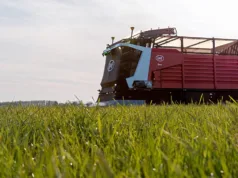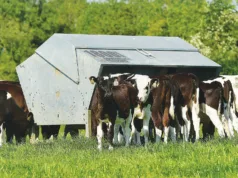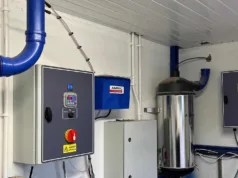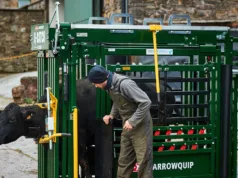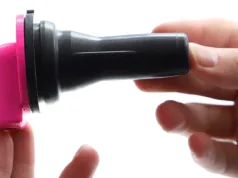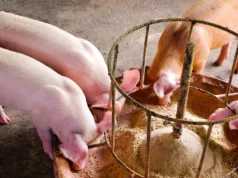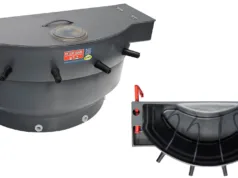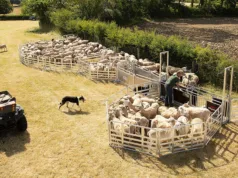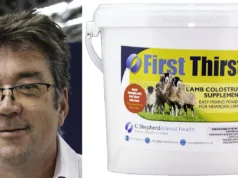A carcase-cooling system for deadstock that’s used widely on the Continent is now available here as well. Produced in a range of models to suit farms of all sizes, the Dutch-built Euratainer could revolutionise the way casualty animals are handled on British farms.
Dealing with deadstock is never a pleasant task, but it’s even more difficult in the summer months, when higher temperatures accelerate the natural breakdown of casualties awaiting collection. This can be a particular problem on pig and poultry units where, simply because of the larger numbers of animals involved, farmers have to deal with more mortality than other sectors.
The Euratainer tackles this issue by cooling its contents to about 6C. Perishable material cooled to that temperature, and maintained at a controlled relative humidity, will see decomposition brought to a virtual standstill. Carcases and waste for disposal stored in these conditions can then be preserved for weeks. Odour is reduced, biosecurity enhanced and working conditions for the farm staff dealing with the casualties improved too.
The Euratainer is constructed from polyester and has highly insulated sides to maximise its efficiency. It’s available in various sizes that are matched to the standard wheelie bins used by animal disposal firms both in Britain and on the Continent. Models that hold larger plastic or metal bins are also available.
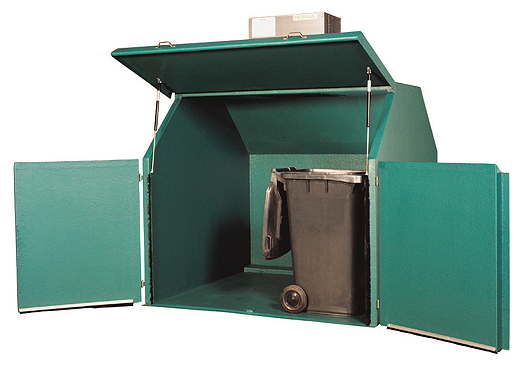
The key to the Euratainer, however, is its refrigeration unit that features a stainless steel evaporator for a reliable working life. This has been specially developed for the carcase coolers, and uses environmentally friendly propane as a refrigerant. The clever design also means that if there’s ever a problem with the refrigeration unit, it can be easily swapped with a replacement, minimising downtime and removing the need to bring refrigeration engineers onto the farm.
With every cost on farms under scrutiny these days, fallen stock disposal could be one area that’s worth a closer look. Clearly, it’s not ideal to have decomposing animal carcases on the farm for too long as these can attract flies and rodents, and be a reservoir of disease, so regular collections from the animal disposal companies are required. But, if the casualties can be cooled and kept for longer, reducing the frequency of collection, there could be the potential to save money.
Tom Thomasse of Coolworks BV, which manufactures the Euratainer, developed Europe’s first carcase coolers 25 years ago for the Dutch rendering industry. He says the system brings benefits for farmers, the carcase collectors and the renderer.
“For the farmer, there’s less smell and better hygiene, which leads to less infection pressure on the farm,” he said. “Fewer visits are required by the carcase collector, which can save the farmer money, as well as allowing them optimise their logistics so that they can fill the trucks for optimum utilisation of their fleet.
“The benefits to the renderer include the fact they get much higher quality material for rendering, which can improve the yields of important products from the carcases.”
For more information visit: www.euratainer.com.


